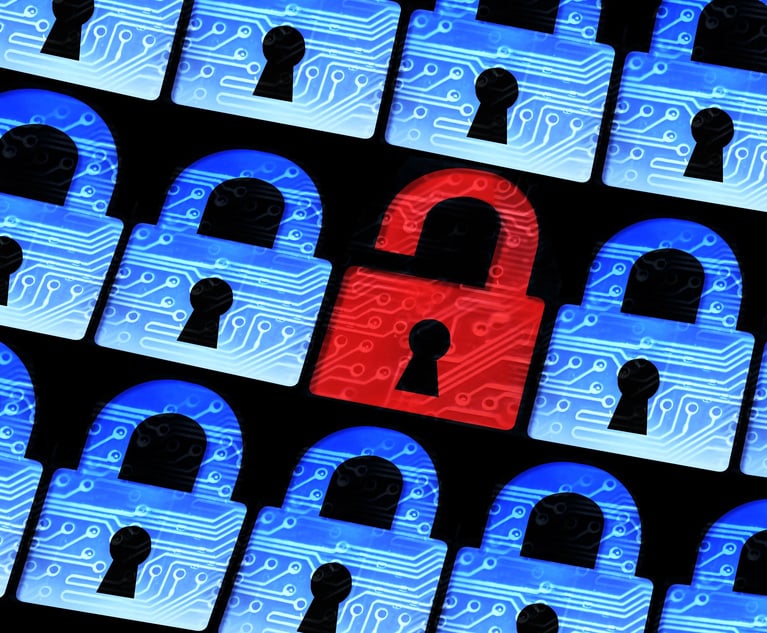Products liability litigation has become more sophisticated during the 21st century as products themselves have become more complex, interconnected and regulated. As the products become more complex, defenses available to product manufacturers have also expanded. With a higher threshold for pleadings, broader application of preemption, and greater limitations on jurisdiction, plaintiffs often find themselves facing significant challenges to a simple duty-breach-cause-harm paradigm. In response, plaintiffs use new theories to supplement traditional product liability claims, such as innovator liability and failure-to-report claims. But under certain circumstances, these new causes of action may not be constitutional.
A court’s exercise of jurisdiction over a product manufacturer must not violate the Constitution’s due process requirement. But in addition, the Constitution reserves to Congress the power to regulate commerce among the states, which limits a court’s ability to enforce state law for activity that occurs beyond its borders. A court can exercise its jurisdiction and enforce state law over a manufacturer that delivers its product into the court’s jurisdiction. However, when evaluating nonproduct liability claims against a product manufacturer, it is important to determine whether the court’s exercise of jurisdiction over the claim violates the manufacturer’s due process rights and whether the court’s enforcement of state law interferes with interstate commerce.


 Terry M. Henry, Blank Rome
Terry M. Henry, Blank Rome




